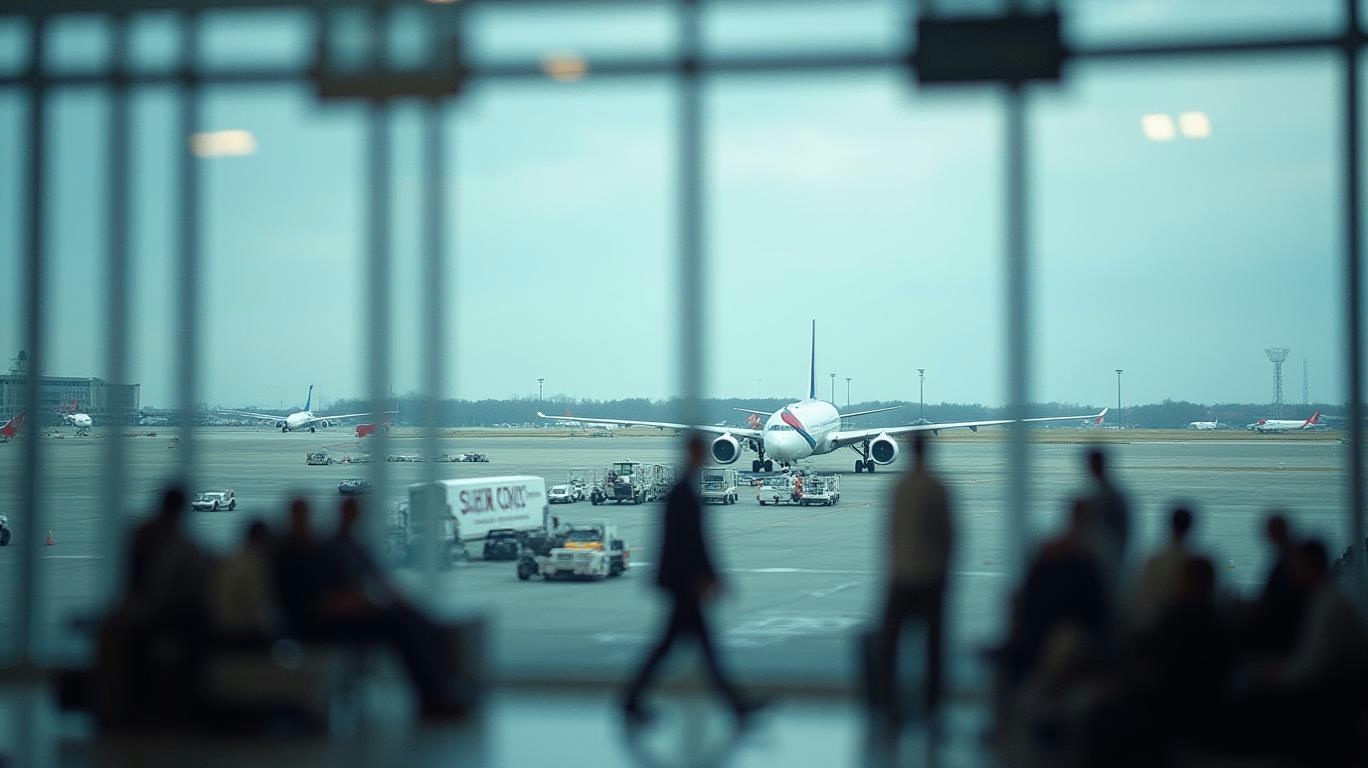AeroGenie — Uw intelligente copiloot.
Trending
Categories
Will Delta Airlines’ AI Pricing Trigger A Customer Trust Crisis?

Will Delta Airlines’ AI Pricing Trigger a Customer Trust Crisis?
Delta Airlines is rapidly expanding its use of artificial intelligence to determine individualized ticket prices, a development that could fundamentally alter the airfare experience for travelers while raising significant concerns about customer trust. The airline intends to increase the share of AI-driven ticket pricing from 3% to 20% by the end of the year. According to Delta President Glen Hauenstein, the long-term goal is to eliminate fixed fares entirely, instead offering each passenger a unique price generated by AI algorithms that analyze extensive personal data. Hauenstein emphasized the potential for “amazingly favorable unit revenues” by tailoring prices to individual customers on specific flights and times.
The Shift in Pricing Paradigms and Customer Perception
This approach marks a profound departure from traditional airline pricing models. While dynamic pricing has been a standard industry practice—adjusting fares based on factors such as booking timing, demand, and seat availability—the process has historically been transparent and uniformly applied. Customers have generally accepted that early bookings or refundable tickets come at a premium, maintaining a baseline sense of fairness.
Delta’s AI-driven pricing threatens to disrupt this equilibrium by introducing opaque, personalized fare calculations. When prices are set by algorithms using individualized data, passengers may perceive the system as unfair or exploitative. The lack of transparency risks fostering suspicion and resentment, as travelers question whether the pricing model serves their interests or merely maximizes airline profits.
This situation reflects the classic problem of asymmetric information, where one party holds significantly more knowledge than the other, often leading to mistrust. In this context, if customers believe Delta’s AI is leveraging their personal information to charge the highest possible fare, the airline’s brand reputation could suffer considerable damage.
Broader Implications and Industry Response
Beyond the erosion of customer trust, Delta faces potential backlash from passengers who feel unfairly targeted by these opaque pricing mechanisms. Regulatory bodies may also scrutinize the fairness and transparency of such dynamic pricing practices, potentially imposing new oversight or restrictions. Market consequences could include diminished passenger confidence and a shift in consumer behavior, with travelers gravitating toward competitors perceived as more transparent or equitable.
Rival airlines might respond in various ways, either by adopting similar AI pricing technologies or by reinforcing customer loyalty programs and transparent fare structures to attract dissatisfied Delta customers. The airline industry, and potentially other sectors, will be closely monitoring Delta’s experiment with AI-driven pricing to assess whether it yields financial benefits or precipitates a broader crisis of trust.
As Delta advances this individualized pricing strategy, it confronts a delicate challenge: enhancing profitability without alienating the customer base it relies upon. The ultimate acceptance or rejection of this new era of personalized fares by travelers remains uncertain.

Capital A Completes Sale of Aviation Business to AirAsia X

Four Gateway Towns to Lake Clark National Park

PRM Assist Secures €500,000 in Funding

Should Travelers Pay More for Human Support When Plans Go Wrong?

InterGlobe Aviation Shares Rise 4.3% Following January Portfolio Rebalancing

Key Market Segments Shaping Airline Route Profitability Software

Locatory.com Gains Traction Among Aviation MROs and Suppliers

JetBlue Flight Makes Emergency Landing Following Engine Failure

58 Pilots Graduate from Ethiopian University

The Engine Behind Boeing’s Latest Widebody Aircraft
